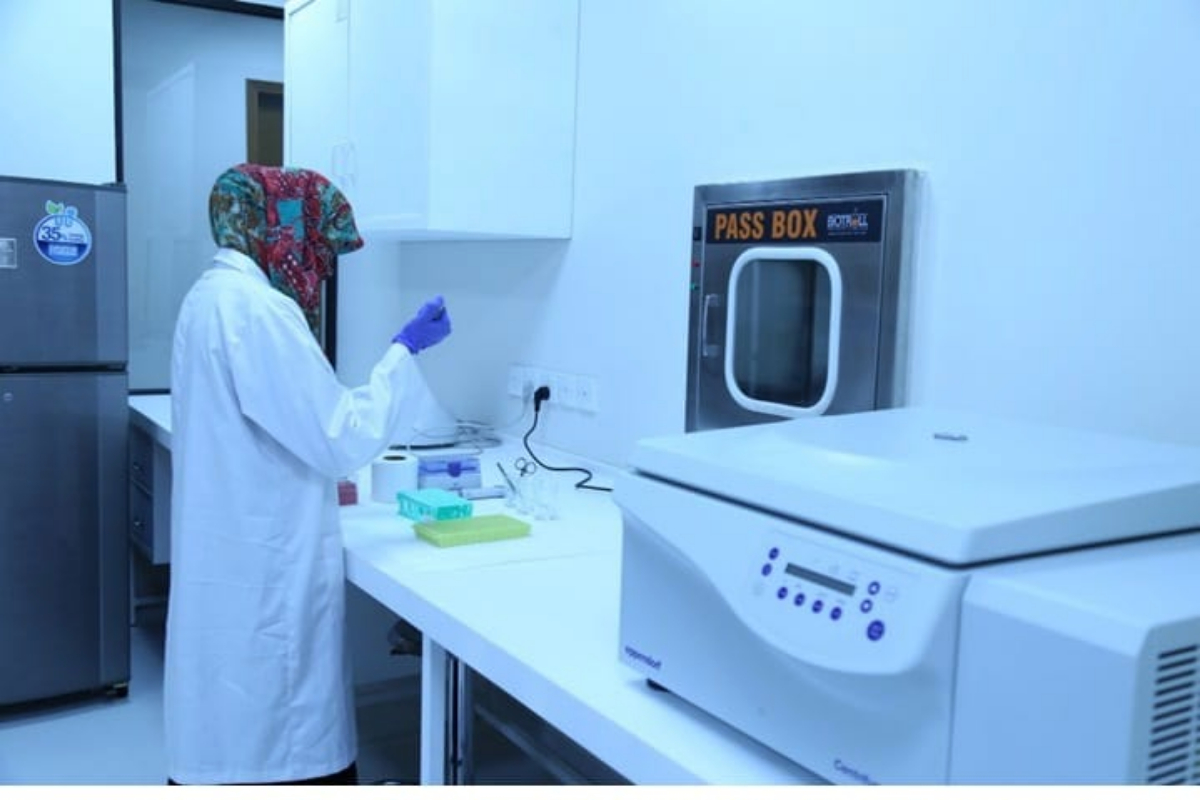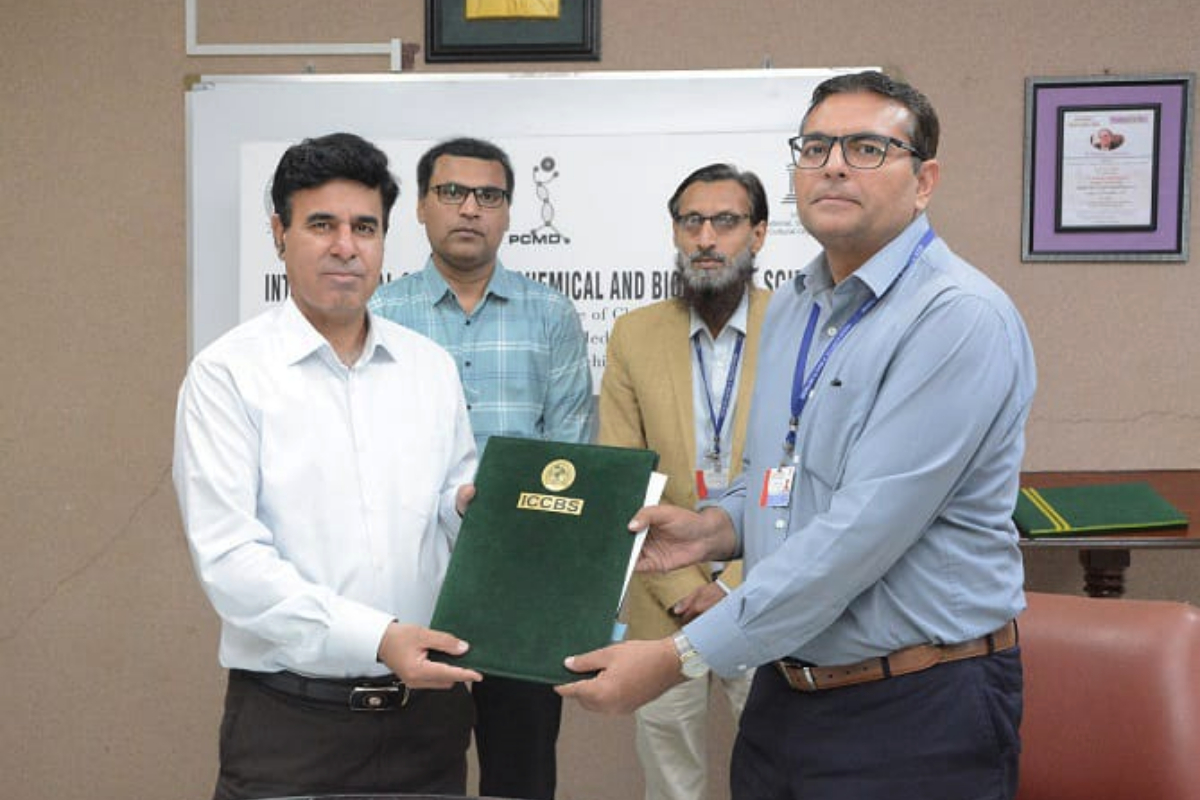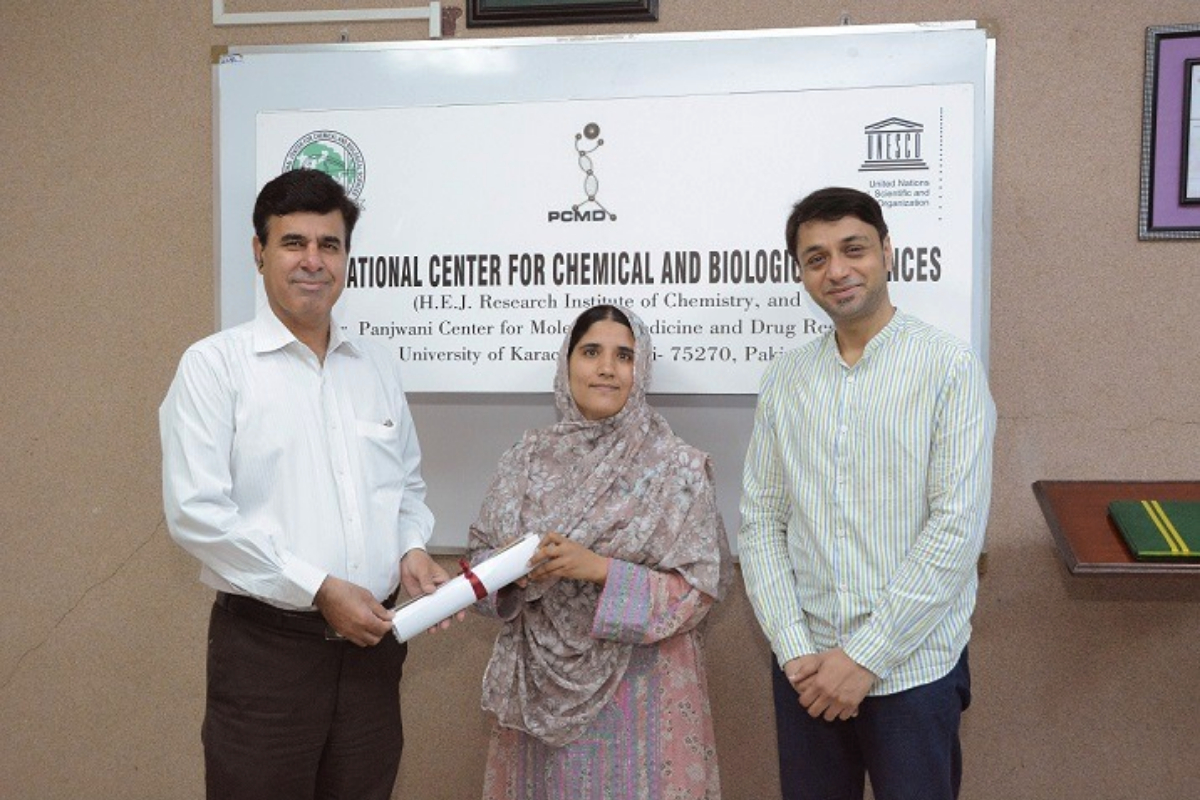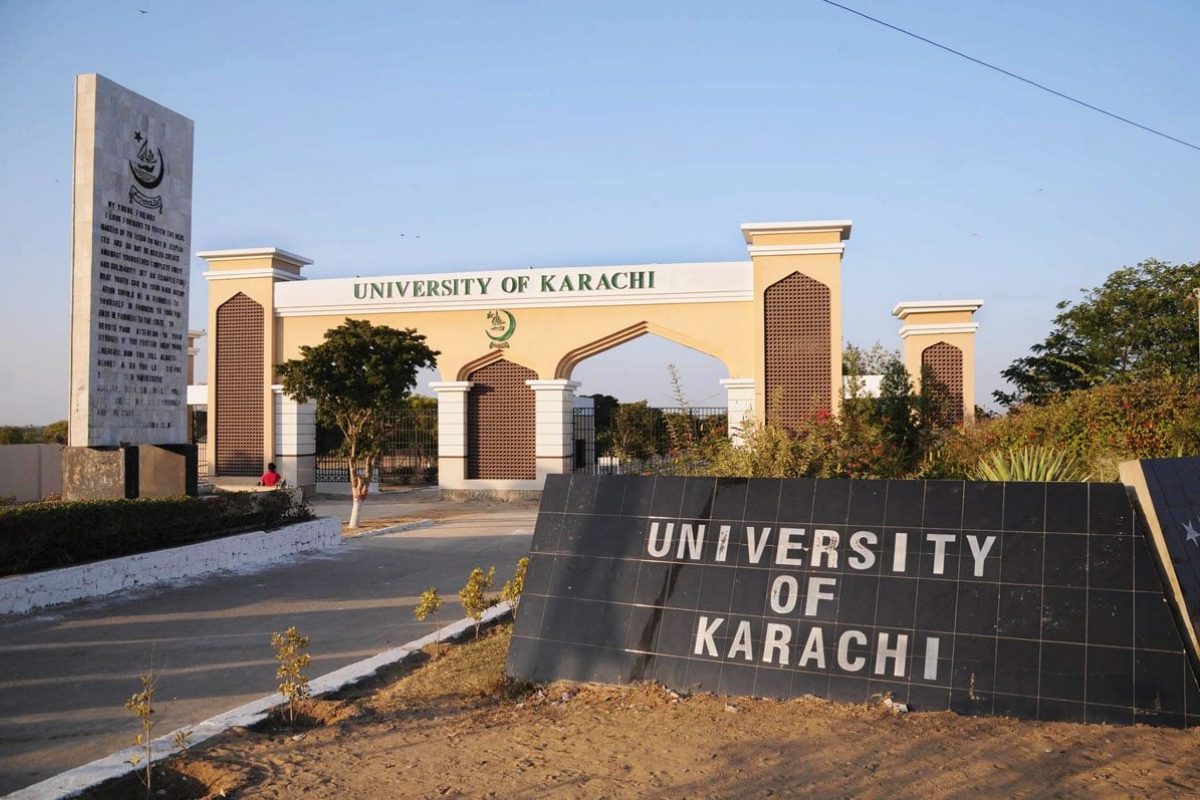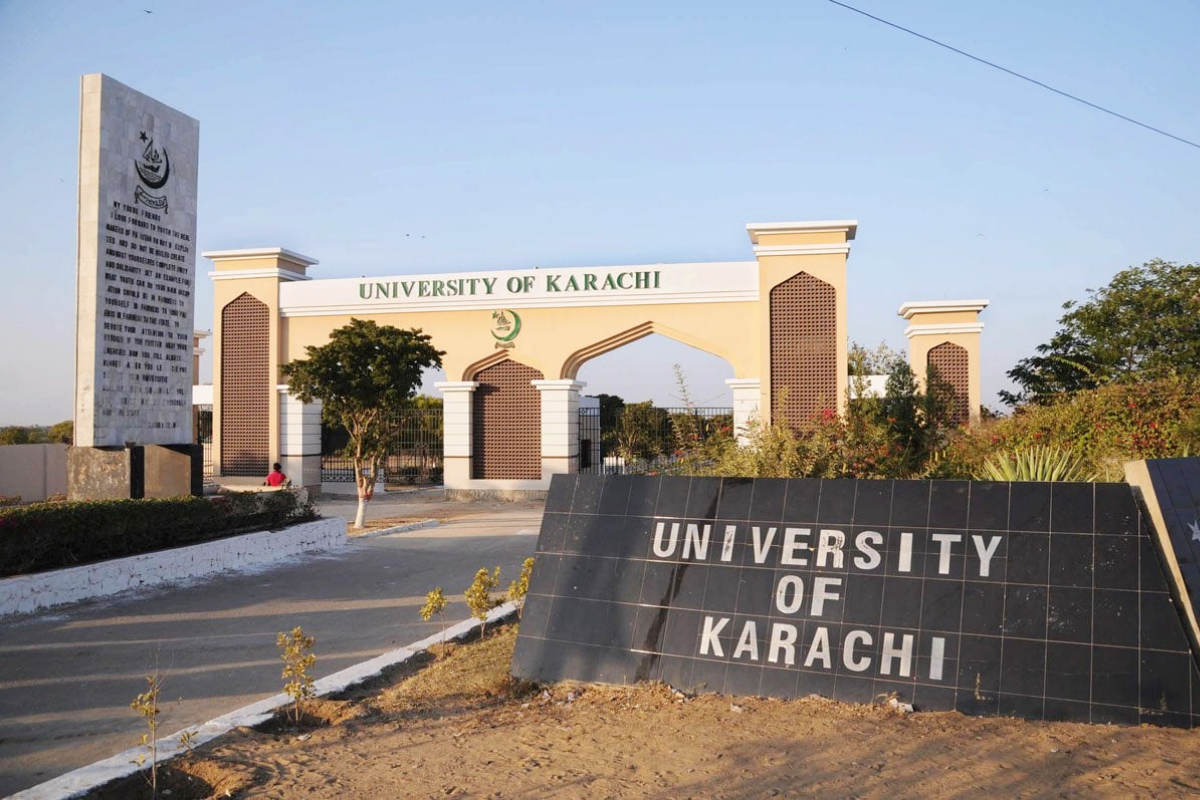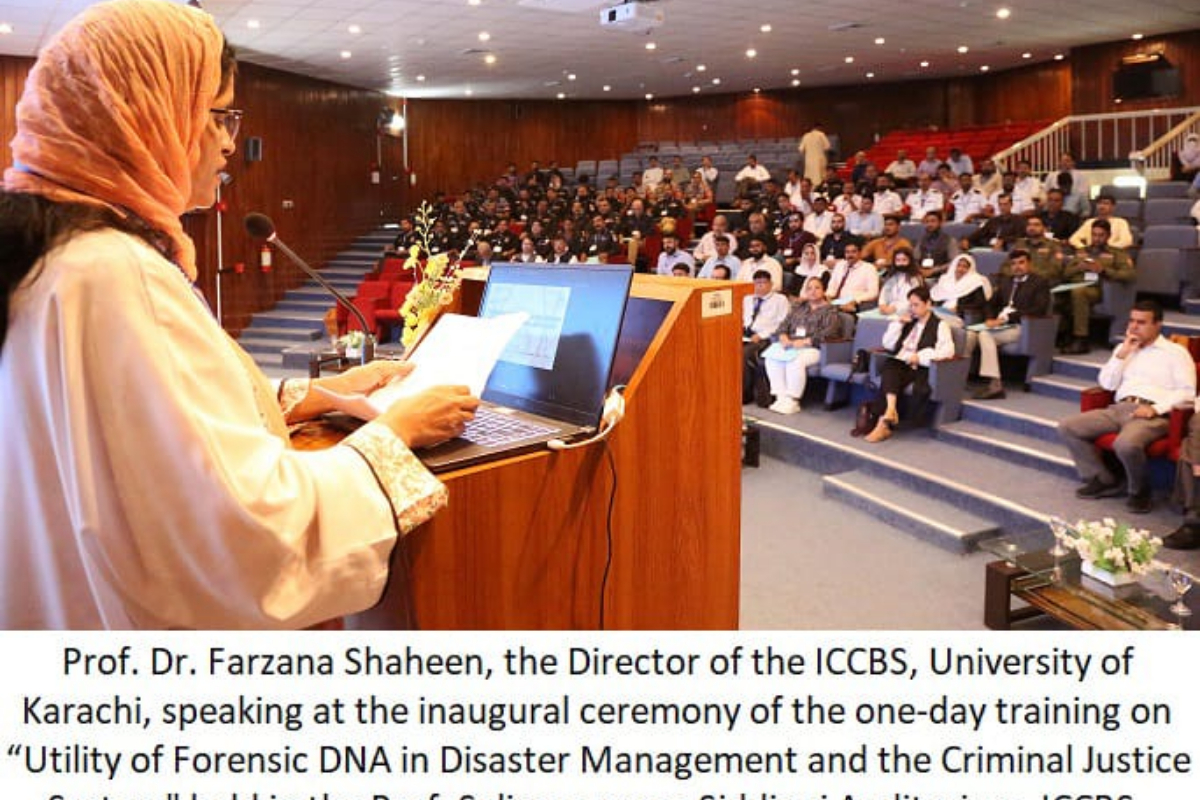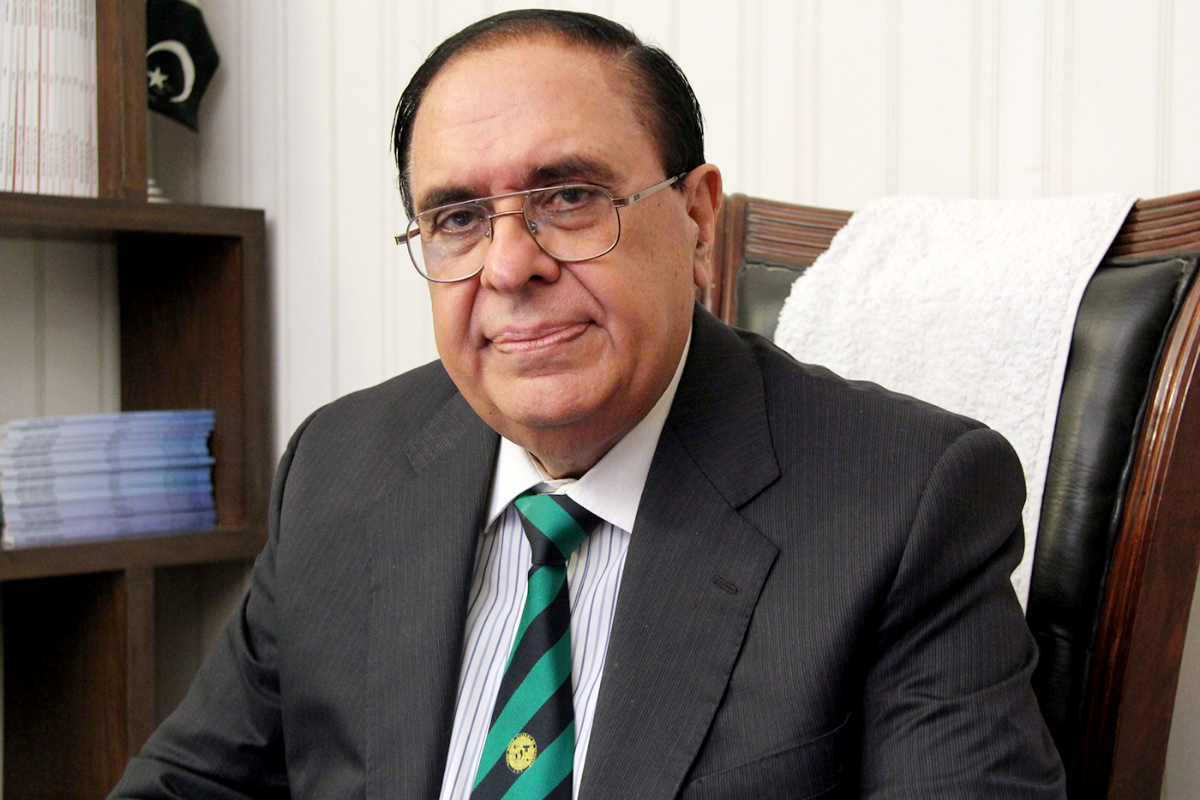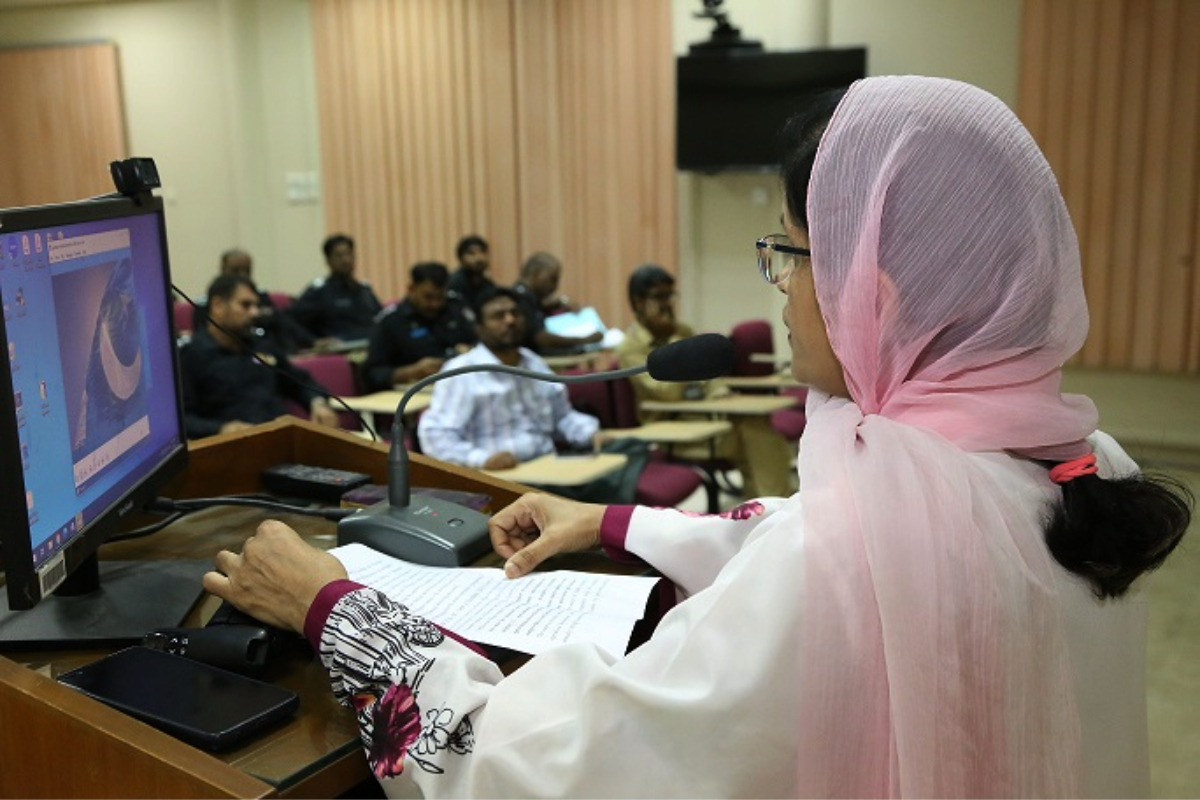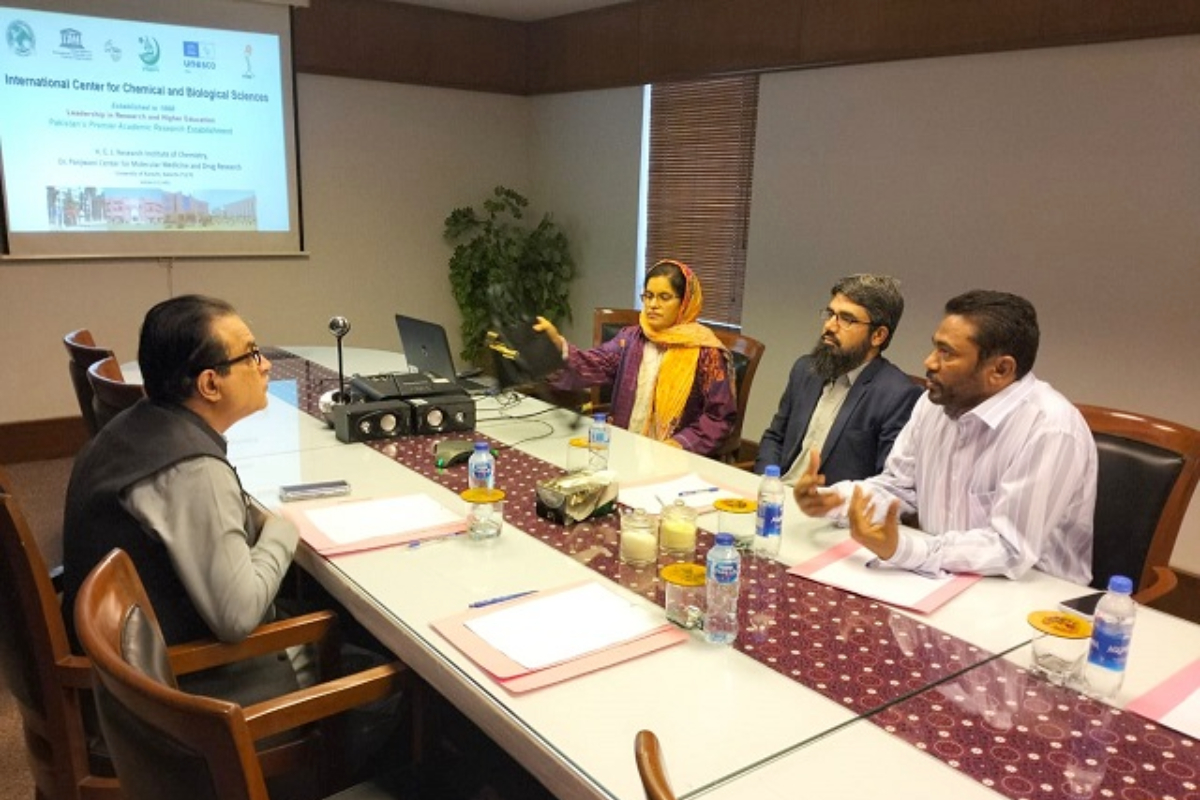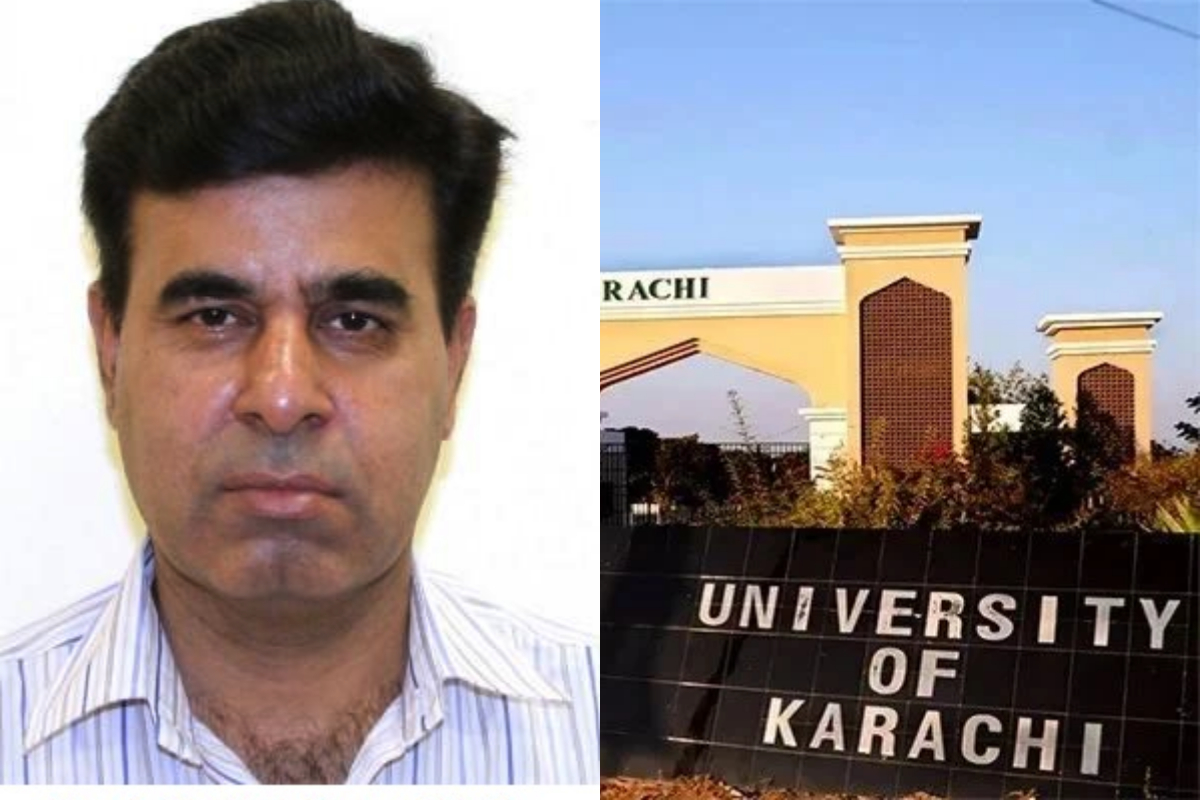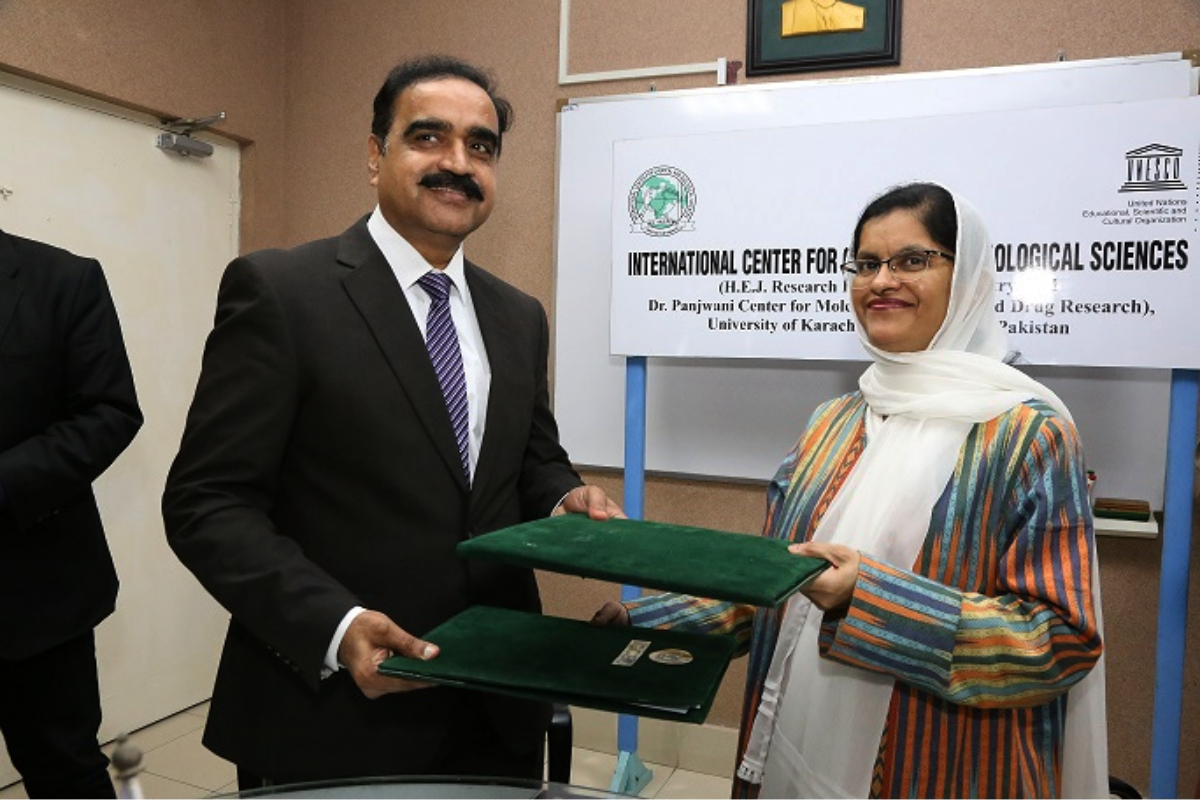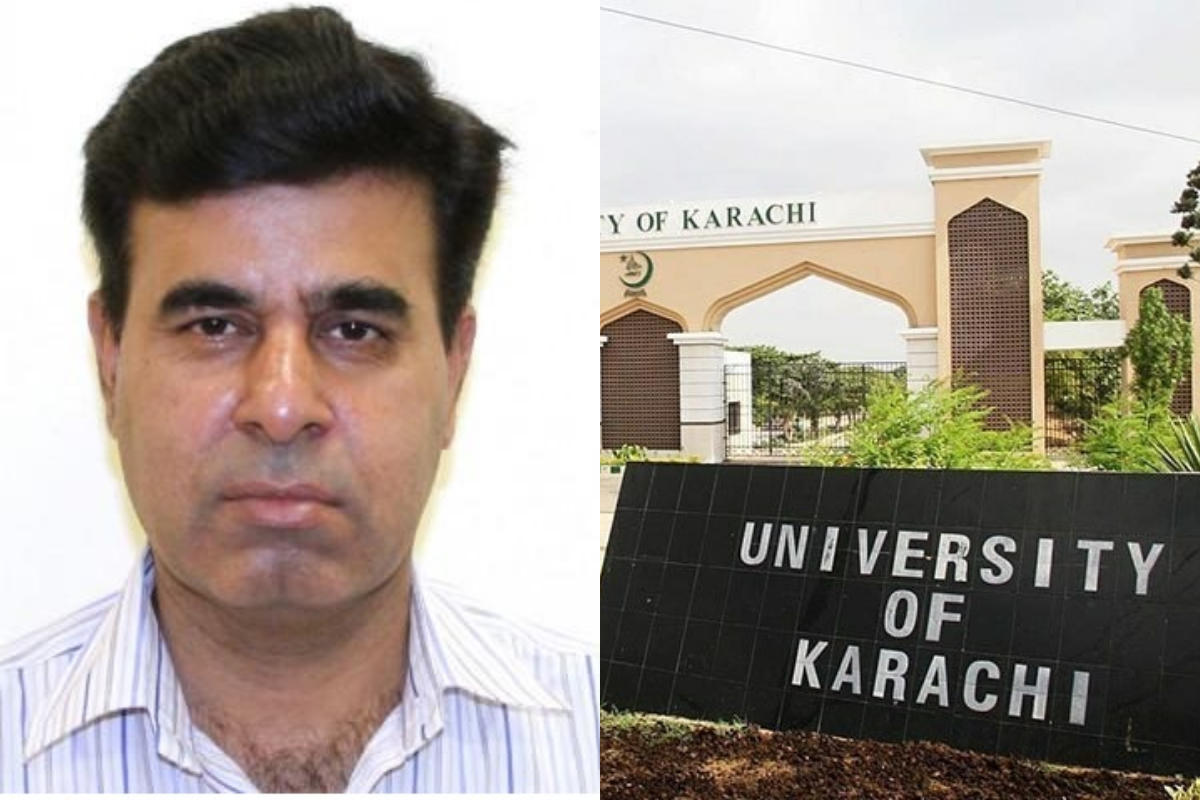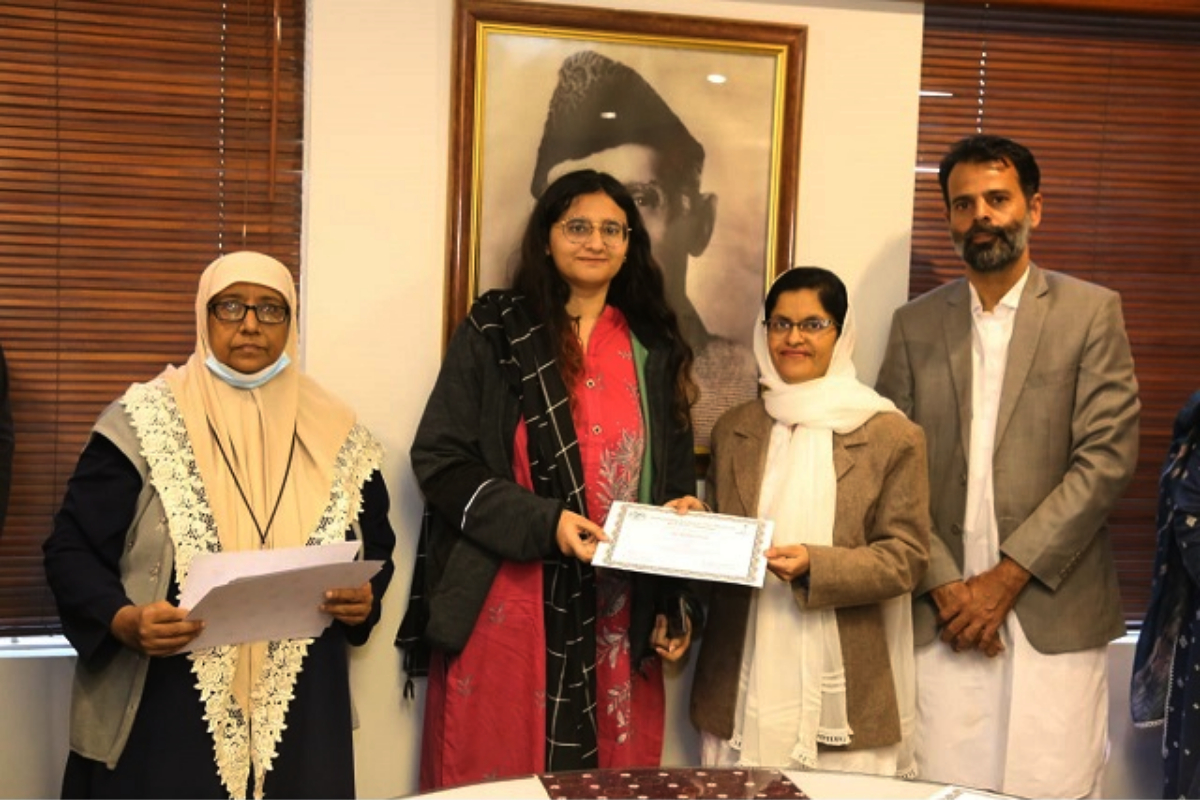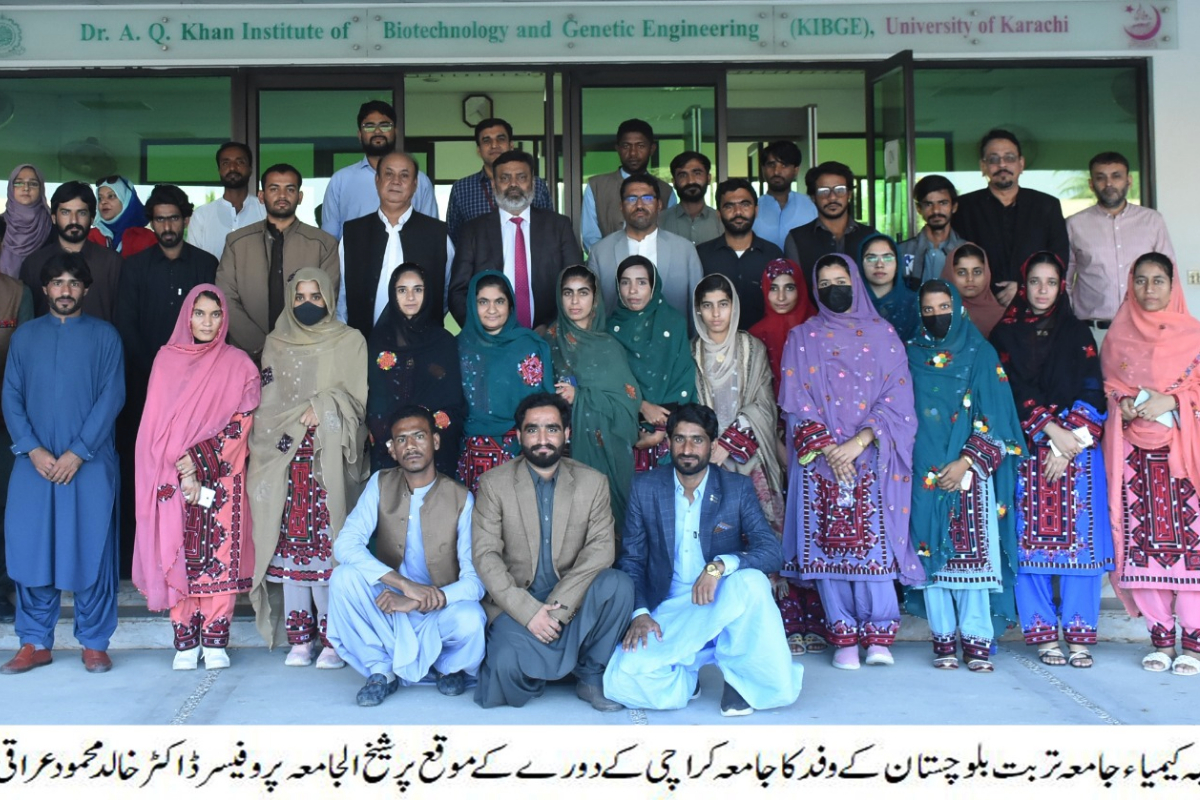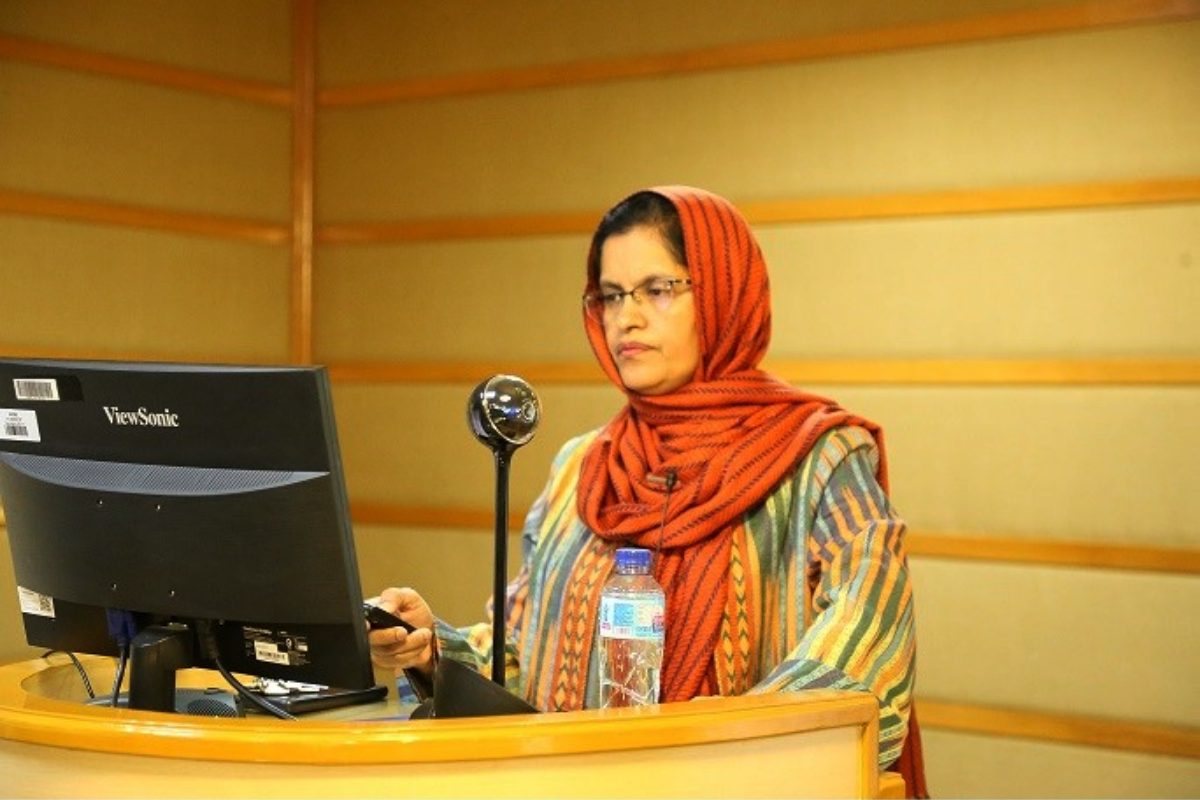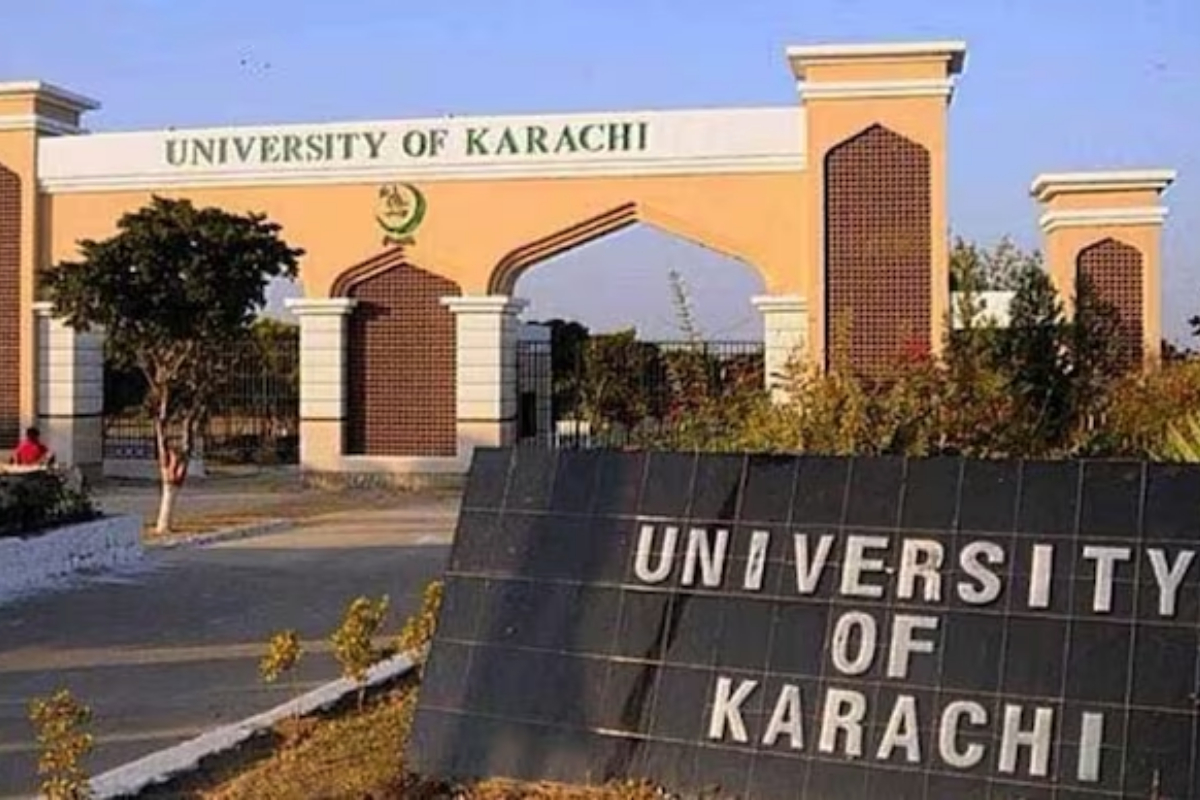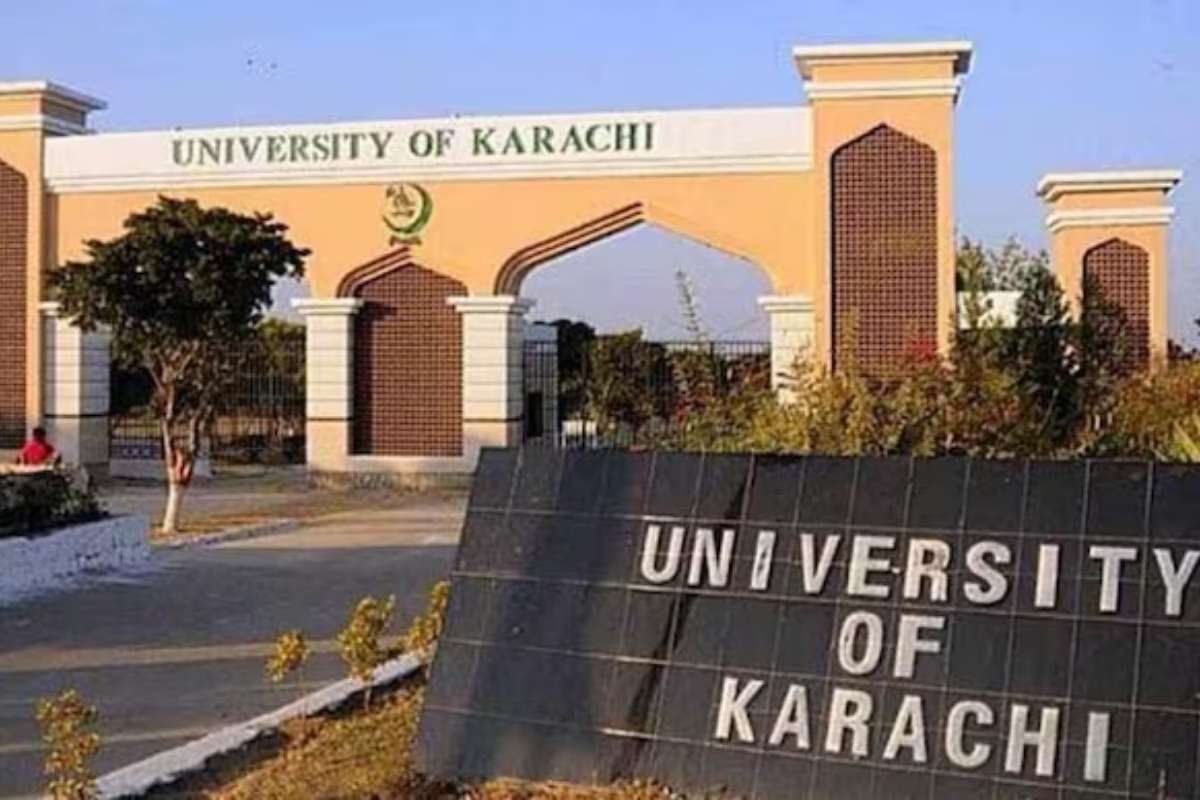KARACHI: “The appointment of a new Director in ICCBS, University of Karachi, should be done under the Act Code of the University of Karachi.
The higher authorities must take notice of the unwanted interference of the former Directors and donors into the administrative affairs of Karachi University.
The university’s Vice Chancellor must call a meeting of the KU Senate to ensure the implementation of model statutes at all university centers.”
These views were expressed by the University Syndicate Member Dr Riaz Ahmed, Senate Member Prof Dr Firdous Imran, Faisal Hashmi, Iftikhar Ahmed and others in the meeting held at the Staff Club on Wednesday.
Many teachers, officers, and employees of the ICCBS participated in this meeting. Dr Riaz Ahmad criticized the unnecessary interference of retired professors and capitalists in the administrative affairs of the university and said that this interference is damaging the educational and research activities of the research center while the faculty, staff, and students are suffering from severe mental distress.
He said that teachers, officers, and employees can bring their long-standing problems to the authorities through peaceful protest.
Prof Firdous Imran said that there is a need for a regular social media campaign against the illegal interference of influential people in ICCBS.
Dr Faiz Muhammad said that a uniform policy should be established for all the centers of Karachi University.
Faisal Hashmi paid tribute to those who raised their voices against the lawlessness in ICCBS and announced the full support of the Officers Welfare Association.
Iftikhar Ahmed said that the Employees Welfare Association earlier was with the oppressed people and it is still with the oppressed.
[embedpost slug=”sfdl-iccbs-solves-8000-dna-and-serology-cases”]

